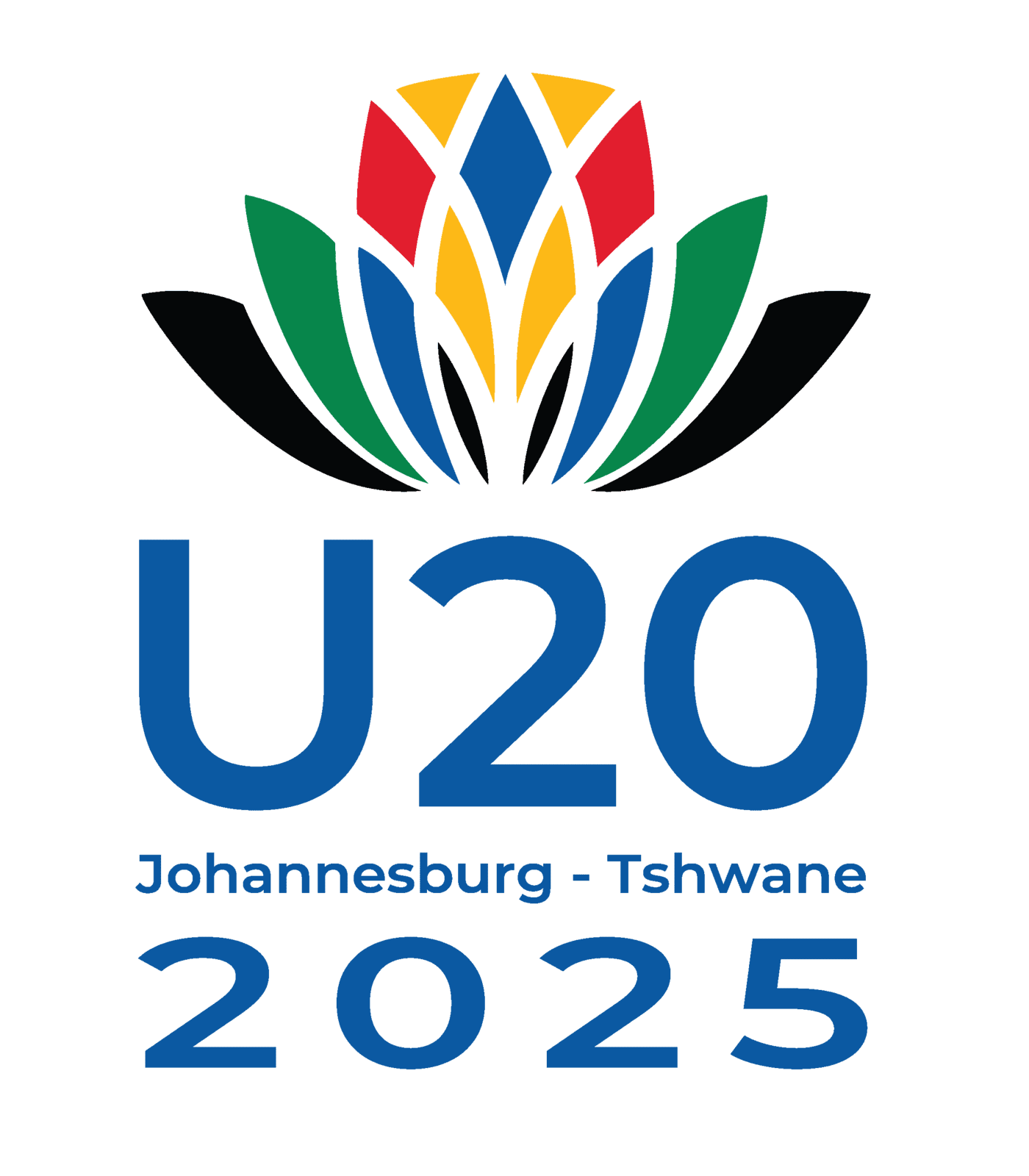U20 Joburg 2025: Consolidated Public
As the City of Johannesburg prepares to host the Urban 20 (U20) Mayoral Summit in September 2025, a crucial component of the engagement process involves soliciting public inputs across the four key U20 themes.[1] Whilst the U20 Mayoral Summit is a closed event reserved for the mayors of member cities, their delegations, partners, and observers, the public can contribute to the process by providing their opinions on the U20 themes. This initiative aims to gather diverse perspectives from researchers, practitioners, civil society organizations, youth networks, and urban stakeholders. A total of 12 [2]submissions were received from the public. The inputs received offer invaluable insights and actionable recommendations, addressing both persistent structural challenges and emerging opportunities within our urban environments.
Consolidated Public Inputs by Theme
Conclusion
The consolidated public inputs for U20 Johannesburg 2025 represent a rich tapestry of perspectives and a powerful call to action. They collectively underscore the urgent need for city-led leadership, systemic reform, and inclusive multi-level collaboration to address the complex challenges facing urban environments. From scaling social housing models and financing climate resilience to mainstreaming gender and youth empowerment and enhancing digital governance, these contributions provide a compelling foundation for shaping Johannesburg’s strategic priorities within the U20 Communiqué. By integrating these grounded recommendations, the city can not only strengthen its position within the global urban discourse but also foster more equitable, resilient, and digitally inclusive communities for all its residents. The detailed individual submissions are available for comprehensive review, and these vital inputs will be shared with relevant city departments, the City of Tshwane, and SALGA to ensure their integration into ongoing policy development and service delivery initiatives.

